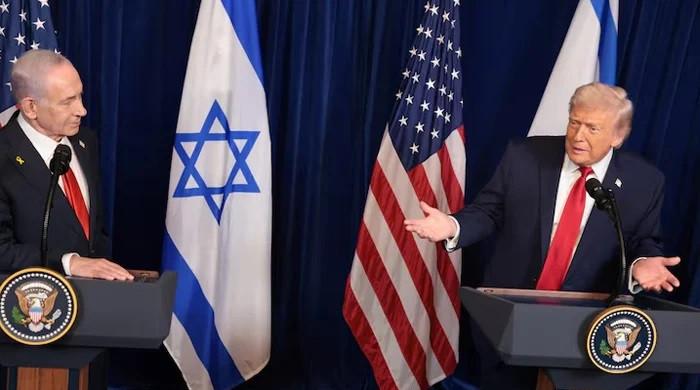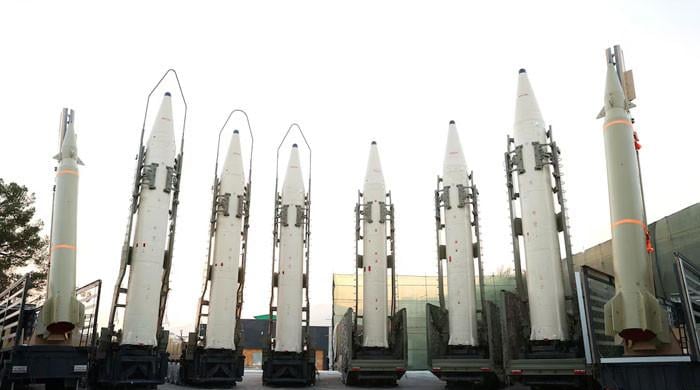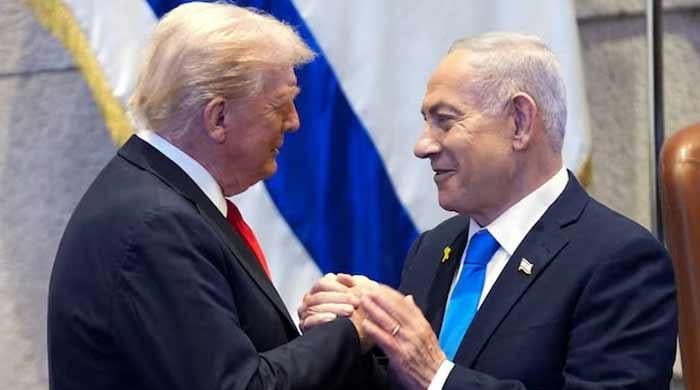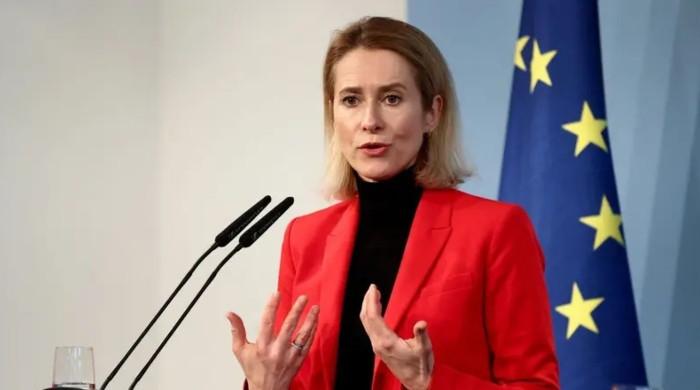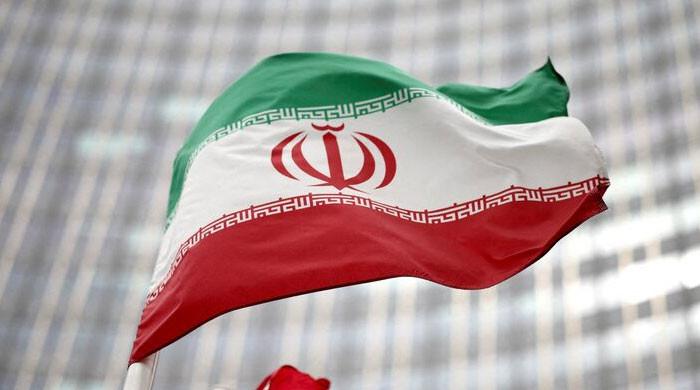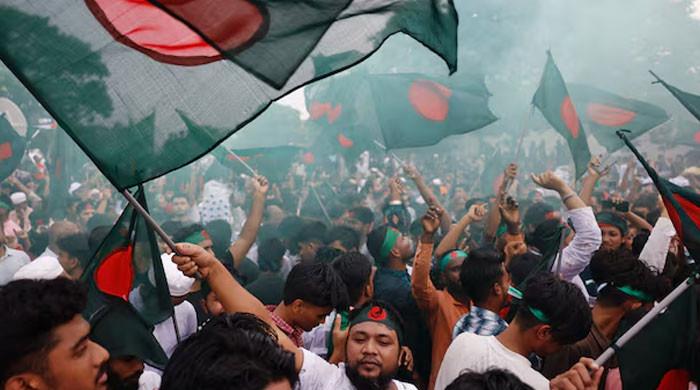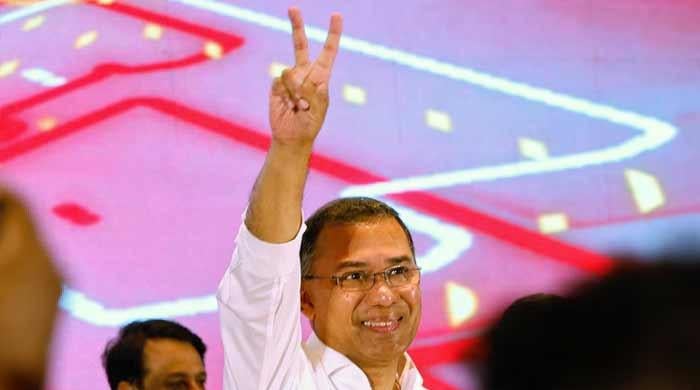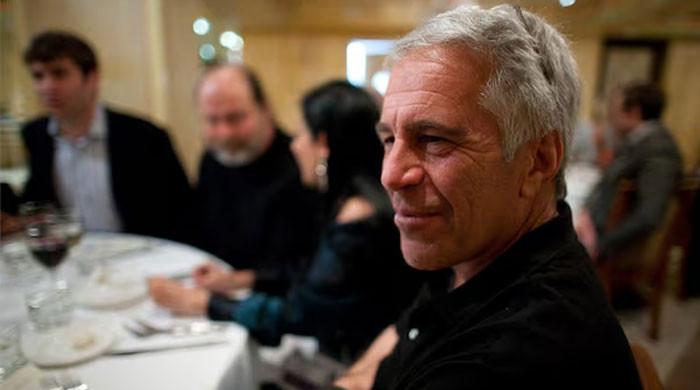Human Rights Watch slams India's 'abusive' policies in occupied Kashmir
HRW demands India release activists, ensure freedom of press and hold officials responsible for abuses in occupied Kashmir
August 04, 2020
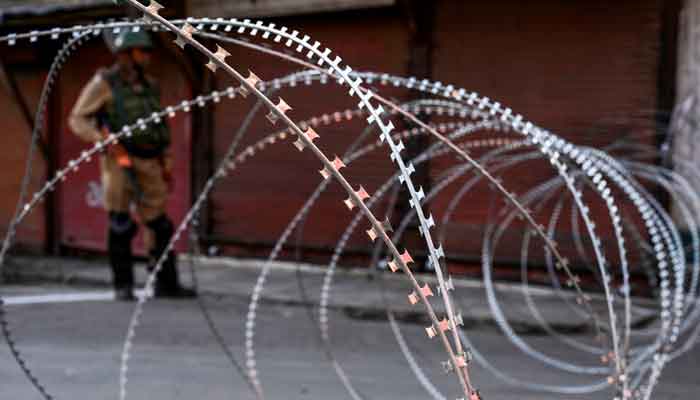
The Human Rights Watch (HRW) Tuesday slammed the Indian government's "harsh and discriminatory restrictions" on the Muslim-majority areas of occupied Jammu and Kashmir, one year since the India's unilateral move to bifurcate the disputed valley continues to repress residents of the occupied valley.
"The [Indian] government’s unwarranted restraints on the rights to free speech, access to information, health care, and education have been intensified by the Covid-19 pandemic," read a statement from the HRW, citing the imposition of curfew by India on August 4 and 5 to stifle protests by Kashmiris in the occupied territory.
The NGO noted how the Indian government had detained thousands of people, shut down telecommunication services and imposed restrictions on freedom of movement and public meetings.
"Indian government claims that it was determined to improve Kashmiri lives ring hollow one year after the revocation of Jammu and Kashmir’s constitutional status,” said Meenakshi Ganguly, South Asia director at Human Rights Watch. "The authorities instead have maintained stifling restraints on Kashmiris in violation of their basic rights," she added.
Terming India's notorious Public Safety Law as 'draconian', the HRW noted that thousands had been arrested in occupied Kashmir and three former chief ministers as well as more than 140 children, had been held in custody ever since the unilateral move was undertaken by the Modi government.
The human rights organisation mentioned allegations of torture and ill-treatment against the Indian security forces and the misuse of sedition laws to clamp down on peaceful, dissenting voices.
"In June, the government announced a new media policy in Jammu and Kashmir that empowers the authorities to decide what is “fake news, plagiarism and unethical or anti-national activities” and to take punitive action against media outlets, journalists, and editors," read the statement from the HRW.
"The policy contains vague and overbroad provisions that are open to abuse and could unnecessarily restrict and penalize legally protected speech. International law provides that restrictions on freedom of expression must be necessary for a legitimate purpose, such as the protection of national security, public health, or the rights of others, and strictly proportionate to achieve that end."
The HRW noted how the coronavirus pandemic, its crippling economic effects due to the lockdown in the territory and the suspension of internet services by the Indian government, had made life difficult for people especially in countering COVID-19.
"Doctors have complained that the lack of internet was hurting the Covid-19 response. “It is a new virus – research, studies, guidelines and updates are changing every other day,” said one doctor, according to the HRW. “The internet helps doctors to keep a tab on developments around the world, but we cannot access video lectures or other information in the absence of high-speed internet.”
The rights watch organisation recommended New Delhi take certain measures to restore order in the disputed valley. These included "releasing political detainees; upholding the right to free speech, including by withdrawing cases against journalists and activists; restoring full internet access; and holding to account officials responsible for rights violations".
"Even as the pandemic is forcing the world to address discrimination and inequality, the Indian government is persisting with its repression of Kashmiri Muslims,” concluded Ganguly. "The government should reverse its abusive policies and provide remedies for those whose rights were violated."




